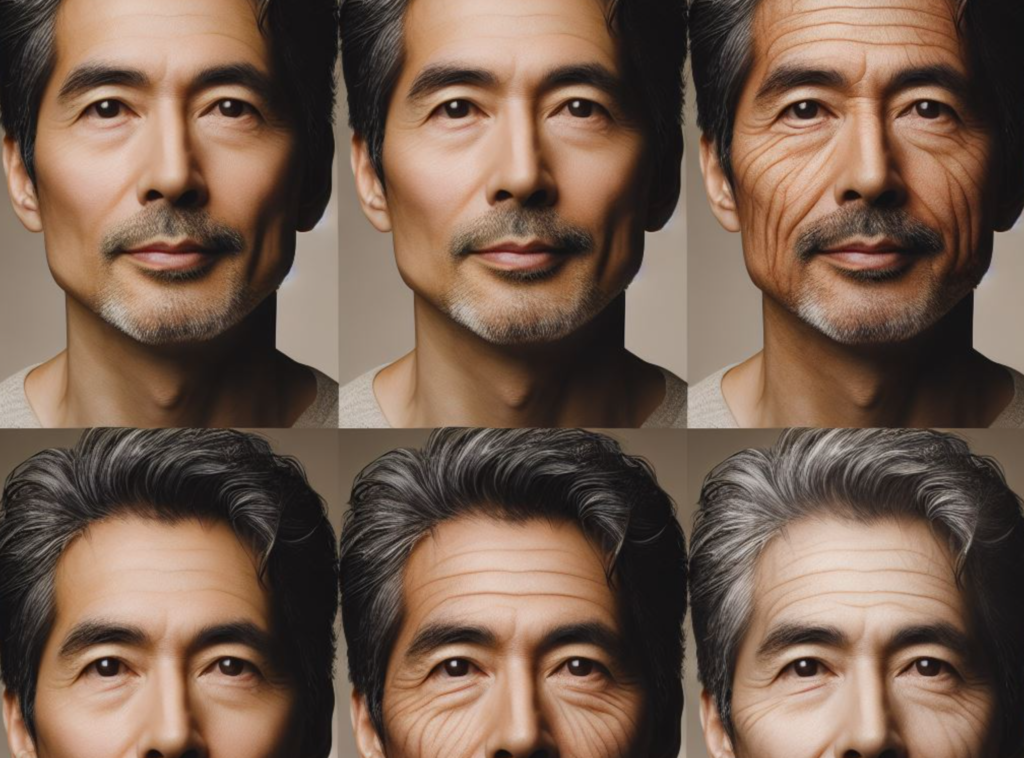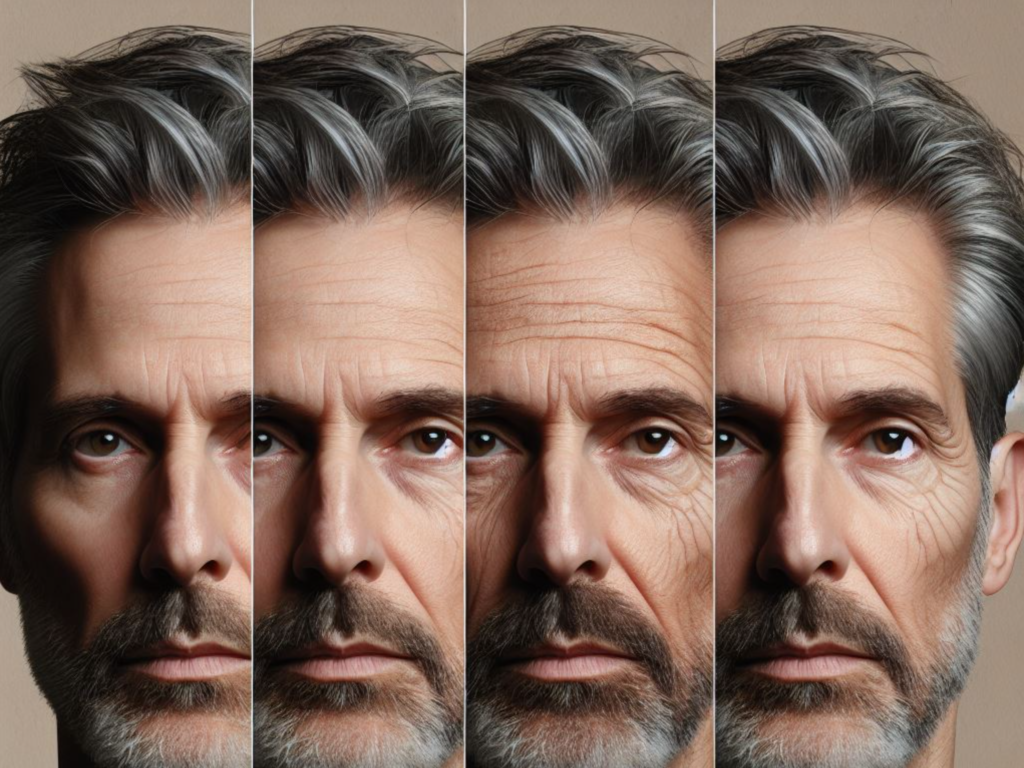Ageing is a natural and inevitable process that affects all living organisms. It is characterized by the gradual decline of various biological functions, such as metabolism, immunity, and cognition, leading to increased susceptibility to diseases, disabilities, and death. However, ageing is not a uniform or fixed phenomenon, but rather a complex and variable one, influenced by various factors, such as genetics, environment, and lifestyle. Therefore, ageing is also a modifiable and potentially reversible process, which can be slowed down, prevented, or even reversed by various interventions, such as diet, exercise, and drugs
Ageing and AI
One of the most promising and innovative approaches to combat ageing is the use of artificial intelligence (AI), a branch of computer science that aims to create machines or systems that can perform tasks that normally require human intelligence, such as learning, reasoning, and problem-solving. AI has the potential to revolutionize various fields of biomedicine, such as diagnosis, treatment, and prevention of diseases, as well as drug discovery, development, and delivery. AI can also help to understand the mechanisms and causes of ageing, as well as to identify and target the key factors and pathways that contribute to ageing and its related disorders
A recent example of how AI can help to fight ageing is the discovery of novel senolytic compounds, a class of drugs that can selectively kill or eliminate senescent cells, which are cells that have stopped dividing and have accumulated damage and dysfunction over time. Senescent cells are considered to be one of the major drivers of ageing and age-related diseases, such as cancer, diabetes, and Alzheimer’s, as they secrete harmful substances that cause inflammation, tissue degeneration, and impaired regeneration. Therefore, removing senescent cells can improve health and lifespan by reducing ageing and its associated complications
Also read : Shedding Light On Radio Antennas: Can They Emit Visible Light?

However, finding effective and safe senolytic compounds is not an easy task, as it requires screening and testing millions of potential candidates, which is time-consuming, costly, and labor-intensive. This is where AI comes in handy, as it can accelerate and optimize the process of drug discovery, by using advanced algorithms and techniques, such as machine learning, deep learning, and neural networks, to analyze large and complex datasets, generate and evaluate hypotheses, and predict and optimize outcomes

A team of researchers from Integrated Biosciences, a biotechnology company that combines synthetic biology and machine learning to target ageing, demonstrated the power of AI to discover novel senolytic compounds, in a study published in the May issue of Nature Aging. The researchers used a deep neural network, a type of AI that mimics the structure and function of the human brain, to screen and rank over 100 million chemical compounds, based on their predicted ability to kill senescent cells. The AI then selected the top 10 candidates, which were synthesized and tested in the laboratory. The results showed that three of the compounds were indeed effective and selective senolytics, which could reduce senescent cells and improve tissue function in mice. The whole process took only a few weeks, compared to the years or decades that traditional methods would require

The researchers claim that this is the first time that AI has been used to discover senolytic compounds, and that this is a proof-of-concept that AI can be a powerful and efficient tool for anti-ageing research and drug development. They also hope that their findings will inspire further studies and collaborations to explore and validate the potential of these and other senolytic compounds, as well as to develop and optimize new AI models and methods for drug discovery
The end of ageing? A new AI is developing drugs to fight your biological clock is a fascinating and exciting topic that shows how AI can help to tackle one of the biggest challenges and opportunities of our time: ageing. By using AI, scientists can discover new and better ways to prevent, delay, or reverse ageing and its related diseases, and to improve the quality and quantity of life for humans and animals. However, AI also poses some risks and challenges, such as ethical, social, legal, and regulatory issues, that need to be addressed and resolved before AI can be widely and safely applied and implemented in the field of anti-ageing. Therefore, AI is not a magic bullet or a panacea, but rather a tool or a partner, that can help us to achieve our goals and aspirations, as long as we use it wisely and responsibly.
Also read: This Is How An Artificial intelligence-Versus-Humanity Conflict Would Truly Conclude




































